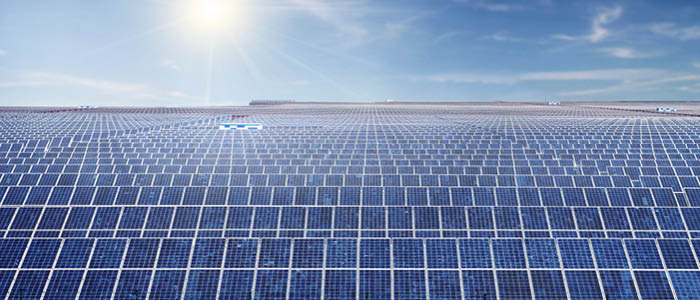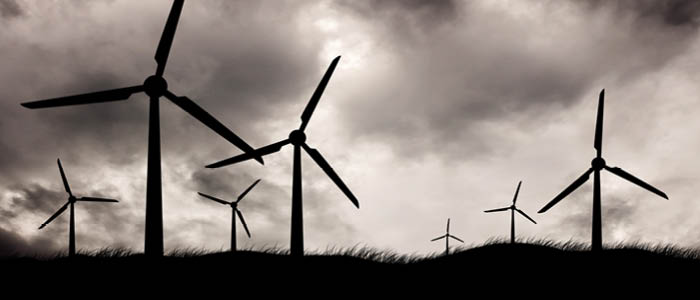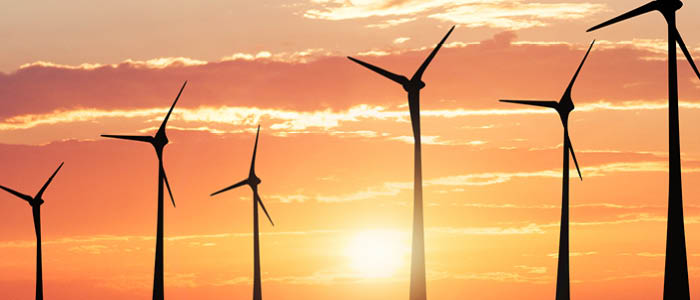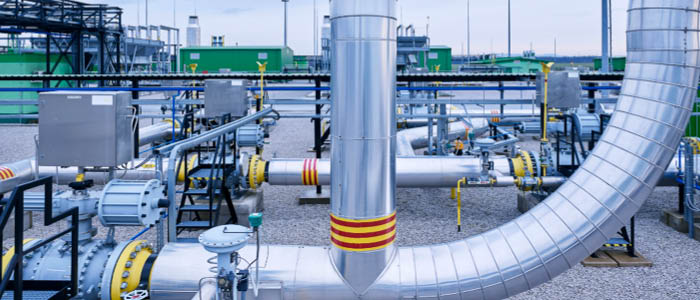In light of the latest amendments to the Law on Spatial Planning and Construction, which put the topic of energy efficiency and energy features of the building in the spotlight, it would be interesting to remind ourselves of the already existing legal in regard to energy efficiency improvement in Serbia, and above all, what laws and especially bylaws at the local level offer and provide to housing communities – buildings (in srb. – stambena zajednica) and individuals and in which manner they may obtain financial support in case that they intend to carry out certain measures/works that improve the energy efficiency of the building, i.e. apartment.
Vlasceanu & Partners and Wolf Theiss Advise on Raiffeisen EUR 60 Million Financing for Ratesti Solar Plant
Vlasceanu & Partners and Wolf Theiss have advised the Ratesti Solar Plant – an Econergy group and Nofar group subsidiary – on the EUR 60 million financing from Raiffeisen Bank International and Raiffeisen Bank Romania to finance part of its EUR 102 million 155-megawatt solar project in Ratesti, Romania. CMS reportedly advised Raiffeisen Bank.
Kinstellar Advises China's CMC Capital and SEP on Serbian Wind Farm Venture
Kinstellar has advised Chinese investors CMC Capital and Shanghai Electric Power & Energy Development Limited on the acquisition of Crni Vrh Power, a project company developing a 150-megawatt onshore wind farm in the eastern Serbian municipalities of Bor, Zagubica, and Majdanpek.
Wolf Theiss Advises Kyoto Group on Heat-as-a-Service Agreement with Hungary's KALL Ingredients
Wolf Theiss has advised the Kyoto Group on the agreement to deliver its Heatcube thermal energy storage system to Hungarian food ingredient producer KALL Ingredients.
Norton Rose Fulbright and Greenberg Traurig Advise on PLN 800 Million Financing for Polsat Plus Wind Farm
Norton Rose Fulbright has advised a consortium including PKO Bank Polski, Bank Gospodarstwa Krajowego, mBank, and Santander Bank Polska on their PLN 800 million financing for the construction of a 72.6-megawatt wind farm. Greenberg Traurig advised the project's sponsor, the Polsat Plus Group.
White & Case Advises EPH on Establishing USD 3 Billion EMTN Program and EUR 500 Million Debut Issuance
White & Case has advised Energeticky a Prumyslovy Holding on the establishment of the EUR 3 billion medium-term note program of EPH Financing International, which EPH guaranteed, and the initial EUR 500 million issuance of 6.651% guaranteed notes due 2028.
Electricity Imports Could Help Companies Operate Smoothly During Power Outages
On 27 October 2023, the Cabinet of Ministers of Ukraine approved the regulation that allows non-household consumers to operate without interruption during power outages, with some exceptions. In other words, in the event of infrastructure damage this winter, imported electricity may be used to avoid supply restrictions.
































